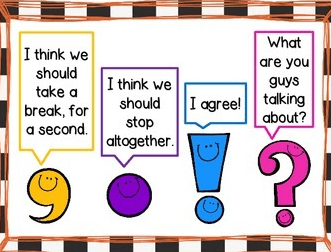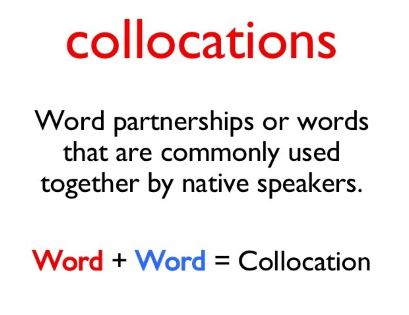Is "New York City" a common or a proper noun?
Proper.
What is a noun? Describe in English.
A noun is a word that represents a person, place, or thing.
What is "medborgerskap" in English?
Citizenship.
Who wrote the book "Twelve Years a Slave"?
Solomon Northup
What is "Indigenous People" in Norwegian?
Urfolk.
Make this active sentence into a passive one, "Somebody lost the letter."
The letter was lost (by somebody).
Choose the correct form of the verb that agrees with the subject, "Annie and her brothers is/are at school."
Are - Annie and her brothers (plural).
What is a dilemma?
A situation in which a difficult choice has to be made between two or more alternatives, especially ones that are equally undesirable.
Explain what a consequence is.
A result or effect, typically one that is unwelcome or unpleasant.
Name at least three different indigenous peoples.
Sami, Maori, Native Americans, Aboriginals, Inuits +++
Make this passive sentence into an active one, "The plants have been watered (by somebody)."
Somebody has watered the plants.
Choose the correct form of the verb that agrees with the subject, "Either my mother or my father is/are coming to the meeting."
Is - because it's one or the other (singular).
Give a reason for why one should learn about slavery.
See slavery's relevance to the present, help us understand racism, keep history from repeating itself, etc.
In 1939, an African American jazz singer was persuaded to perform the song “Strange Fruit”. What was her name?
Billie Holiday.
What do the Aboriginals call "Australia Day"?
Mourning Day.
What is the difference between an abstract noun and a concrete noun?
Abstract nouns - cannot be seen our touched (e.g. joy, sorrow, life, marriage).
Concrete noun - can be seen or touched (tree, person, house, flag).
Conjugate "to begin" - To begin ... ...
To begin - began - begun
When was the earliest record of slaves in America?
1619.
When was the first black president in the history of the USA elected, and what was his name?
2008, Barack Obama.
Indigenous groups make up about (?)% of the world’s population.
5 %
Name these punctuation marks in English:

Comma, full stop/ period, exclamation mark, and question mark.
What is the difference between an adjective and an adverb?
Main rule; adjectives modify nouns and adverbs modify verbs.
Which European nation was the first to enslave Africans (in the middle of the 1400s)?
Portugal.
Before 1400, the Slavs were the people most often enslaved by their neighbors, why?
Because they had not organized into nation-states and could not defend themselves adequately.
What year did Prime Minister Kevin Rudd give an apology to the stolen generations?
2008.
What are collocations?

Explain in english what an irregular verb is.
Irregular verbs are verbs that do not follow the normal patterns for tense and past participle. While most English regular verbs use the ending “-ed” for the past tense and participle forms, irregular verbs each have their own unique tense forms and past participles.
What does it mean if a society is ethnocentric?
They believe that their culture is better than others.
When Billie Holiday sang, "Here is a fruit for the crows to pluck" - she was referring to a specific set of laws. What were these laws called?
Jim Crow Laws
Five Native American tribes were moved from areas in the southeast to Indian Territory west of the Mississippi River in the 1830s. What was this forced migration called?
The Trail of Tears.